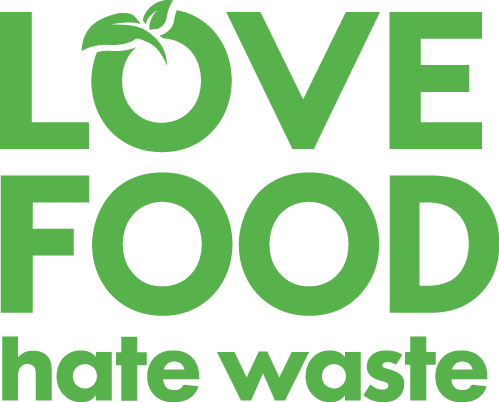
Know your waste
Knowing how much food you throw away is a great motivator to reduce food waste. We've got two different methods for you to choose from to track your food waste over a seven-day period.
There are a few ways you can measure your food waste at home to understand just how much is ending up in the bin. The more you know, the more likely you are to adopt positive, new habits.
Check out these three different methods to get to know your waste. Set up some reminders on your phone in the morning and again at the end of the day to help you stay on track. You will look back on these initial findings at the end of your journey to see how far you've come.
Method 1: Measure in a container as-you-go
This method allows you to track your food waste as you go about your life. It’s the easiest way to monitor how much food is being thrown away.
Collect your household food scraps in a container that you know the volume of, like an empty ice cream container, for two days. Make a note of the volume or weight of waste each day before disposing of it in your normal way.
Method 2: Clean out your fridge and take a pic
Before your next grocery shop, clean out all the unwanted or expired food from your fridge and pantry and put it on a table or the kitchen bench. Take a photo and save it. You’ll use this image as your baseline to compare against improvements in the future.
This should give you a good idea of what your average food waste volume is. Don’t worry if it’s a lot more than you thought, we’ve got all the info and tips you need to help you become a waste-less warrior.
Method 3: Start a Food Waste Diary
Make a note of all your household food waste for at least a week. Collect food scraps and plate waste (food served but not eaten) in a container every day and record the volume, food items, how much it might have cost and why it’s being thrown away.
The Food Waste Diary is a systematic way for you to record all your food waste, both avoidable and unavoidable, and identify clear actions for how you can reduce it.
Knowing your waste is also the best first step for businesses. If you work in the hospitality industry or know someone that does, check out our Food Smart Business program and share it with your networks.
